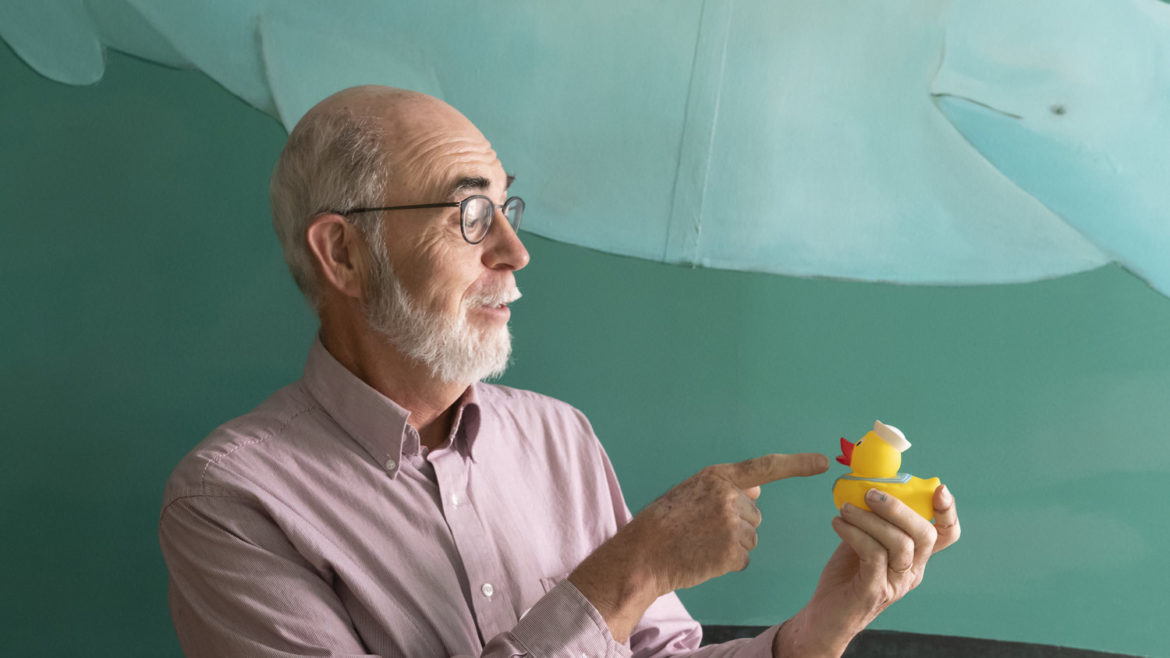CONCORD—On Wednesday, Senator David Watters, D-Dover, who serves as Chair of the Senate Transportation Committee, reacted to Governor Sununu’s opposition to regional efforts to cut transportation emissions, which are New Hampshire’s largest source of emissions.
Senator Watters also released legislation he has filed regarding the Transportation and Climate Initiative, LSR 2777, an act establishing a commission to evaluate the transportation climate initiative framework for a draft memorandum of understanding and associated modeling and scenarios.
Senate Transportation Committee Chair David Watters (D-Dover) stated:
“Close to half of all greenhouse gas emissions in New Hampshire come from the transportation sector. If we are serious about combating climate change, we must move forward with efforts to reduce these emissions. I am disappointed Governor Sununu has stated his outright opposition to joining a program that would reduce transportation emissions, protect public health, and fund necessary infrastructure projects to increase energy efficiency. The governor appears to be so opposed to reducing emissions that rather than providing constructive criticism he would rather write the whole project off before it’s even finished.
We’ve seen what happens when New Hampshire drags our feet with regional emissions reductions programs, like the Regional Greenhouse Gas Initiative (RGGI)—Granite Staters are subjected to higher electric costs while ratepayers in other states benefit. If our other Northeast neighbors opt in to the Transportation and Climate Initiative program, we may still see increases in fuel prices at the distribution level but not benefit at all from it—just as we currently pay higher distribution and transmission costs for electricity because we haven’t reduced our greenhouse gas emissions at pace with the other RGGI members.
If Governor Sununu believes the current TCI proposal is not worth investing in, I would like to know what emissions reductions projections the governor envisions are necessary to entice him to do the right thing to protect public health, our environment, and our wallets. We can make smart, forward-thinking investments now or we will pay the price in the near future.”





